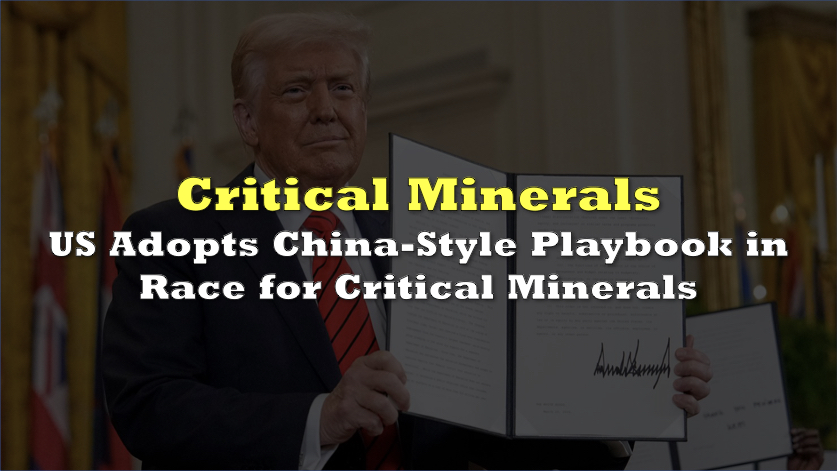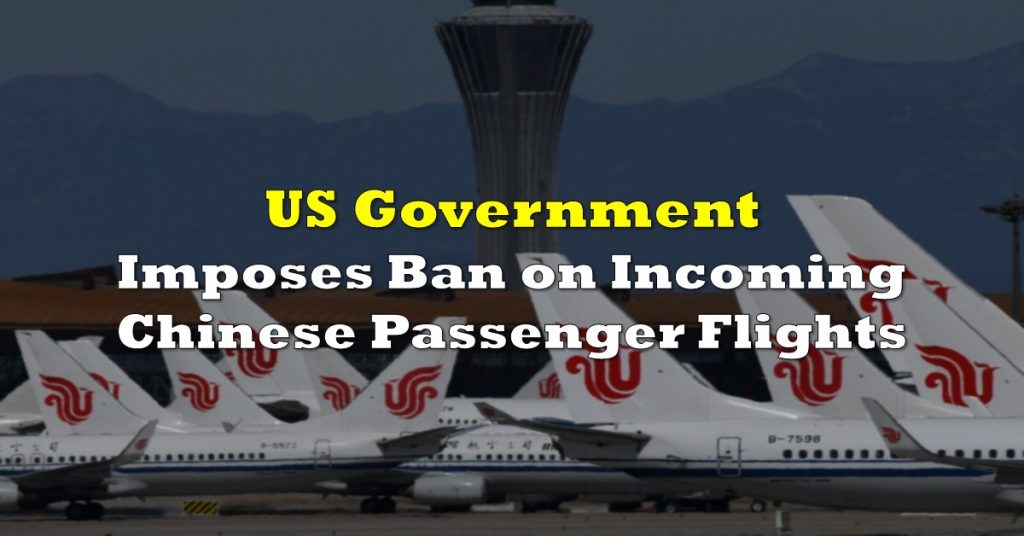In a move echoing Beijing’s state-backed playbook, the Trump administration is signaling a profound pivot in industrial policy by actively considering equity stakes in mining and processing companies.
President Donald Trump signed an executive order fast-tracking deep-sea mining permits, instructing federal agencies to identify and prioritize mineral-rich regions under the Deep Seabed Hard Mineral Resources Act and the Outer Continental Shelf Lands Act. The move aims to unlock access to over a billion metric tons of critical seabed resources—including cobalt, copper, nickel, manganese, titanium, and rare earth elements.
This aggressive maneuver comes on the heels of China’s retaliatory export controls on rare earth elements. The White House has identified the restrictions as a strategic chokehold on American industry, prompting a multipronged policy response aimed at reducing US dependence on Chinese supplies.
According to the US Geological Survey, the US imported approximately 80% of its rare earth needs in 2024, with around 70% sourced from China the previous year.
Interior Secretary Doug Burgum announced that the administration is now evaluating options to invest directly in US-based mining companies. Burgum said this could include equity stakes taken through a federal sovereign wealth fund, a structure historically used by countries like China and Norway to exert strategic economic influence.
US INTERIOR STATE DEPARTMENT BURGUM: THE US IS CONSIDERING TAKING AN EQUITY STAKE IN MINERAL COMPANIES
— *Walter Bloomberg (@DeItaone) April 29, 2025
“We should be taking some of our balance sheet and making investments,” Burgum asserted. “Why wouldn’t the wealthiest country in the world have the biggest sovereign wealth fund?”
He added that China’s model—where state-backed capital fuels overseas mineral acquisitions—has allowed Chinese companies to suppress global prices. “You’re competing against state capital,” he said. “China is picking these strategically as areas that they want to invest in.”
The potential policy overhaul also includes two other key components: a sovereign risk insurance program and a national stockpile of critical minerals. The insurance fund would compensate companies whose projects are derailed by future political reversals, shielding them from the volatility of executive policy shifts.
“Think of it like an insurance market that would be backed by the federal government,” Burgum explained. “There’s got to be a financial cost if you’re going to destroy a company’s opportunity by changing course.”
The proposed national stockpile would mirror the Strategic Petroleum Reserve, allowing the US government to buy up critical minerals when China floods the market and prices fall.
“Those three things—stockpiling, sovereign risk insurance, and equity investment—would put us in the game around critical minerals,” he said. “We’re working on all three.”
A report by AidData, published earlier this year, revealed that China has invested nearly $57 billion in critical mineral projects across the developing world between 2000 and 2021. Roughly 83% of these investments involved projects partially or wholly owned by Chinese companies, and many were structured using concessional loans from state-run banks like ICBC and China CITIC Bank.
In the Democratic Republic of Congo, Chinese-controlled firms now account for more than half of all cobalt exports. In Latin America and Africa, China has secured significant lithium, copper, and nickel interests, while also financing processing plants and battery facilities in Turkey, Mexico, and Argentina. This vertically integrated supply chain architecture is what the US is now attempting to replicate—or at least resist—with state-directed support.
American companies are racing to capitalize on the administration’s policy momentum. MP Materials, which operates the only functioning rare earth mine in the US, has suspended unprocessed ore exports to China and is expanding domestic refining capabilities. NioCorp Developments has expressed support for permitting reforms that would fast-track its Elk Creek Project in Nebraska.
Meanwhile, oil giants like ExxonMobil and Occidental Petroleum are battling for control of lithium-rich zones in Arkansas, with Exxon’s Saltwerx subsidiary already receiving approval for a 56,000-acre lithium development unit in the Smackover Formation.
The Metals Company, a pioneer in seabed extraction, is seeking permits to mine polymetallic nodules from the Pacific Ocean, arguing that US legal frameworks dating back to the 1980s already authorize such activity.
Information for this briefing was found via Investing News Network, CNBC, and the sources mentioned. The author has no securities or affiliations related to this organization. Not a recommendation to buy or sell. Always do additional research and consult a professional before purchasing a security. The author holds no licenses.









